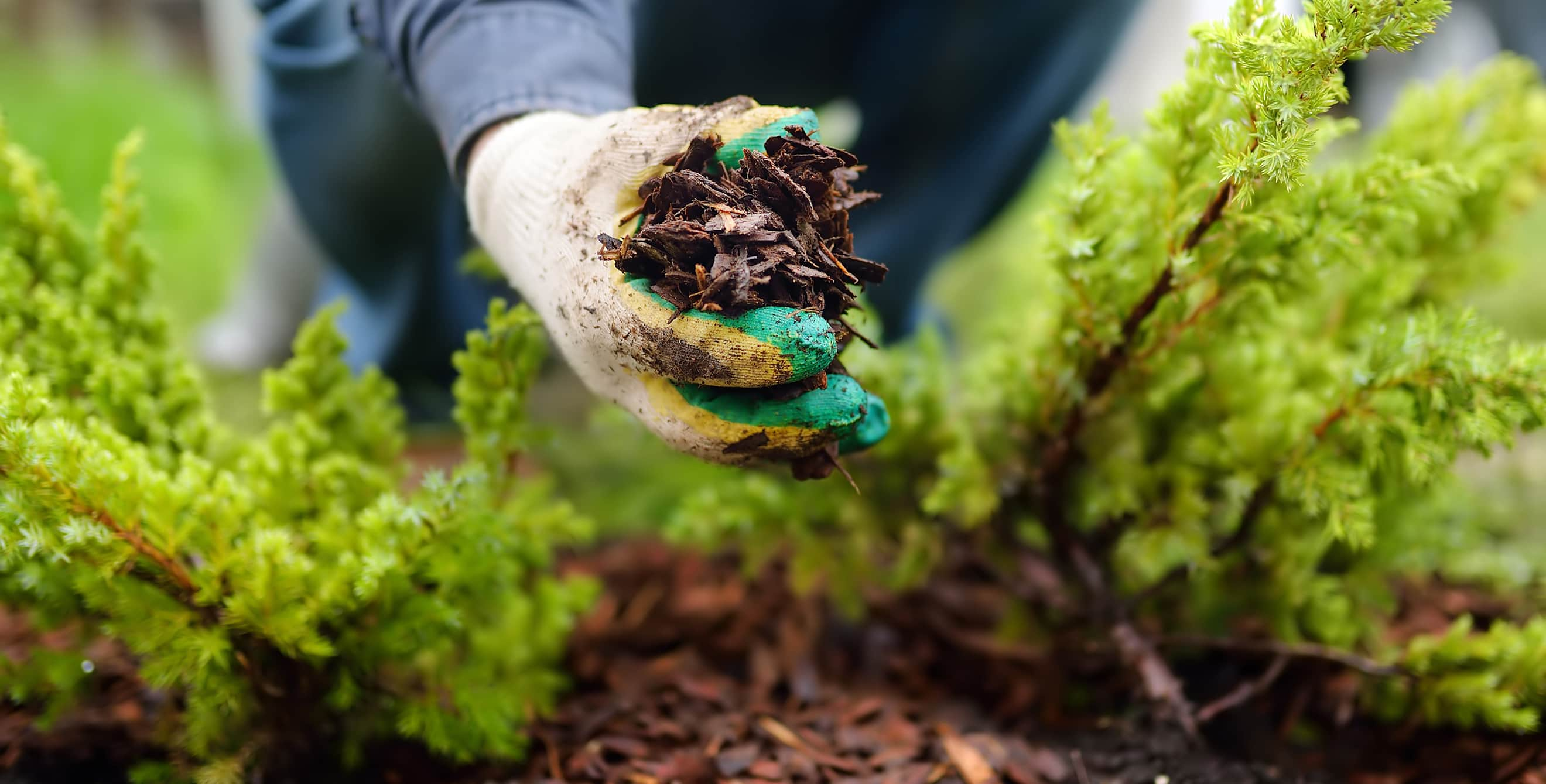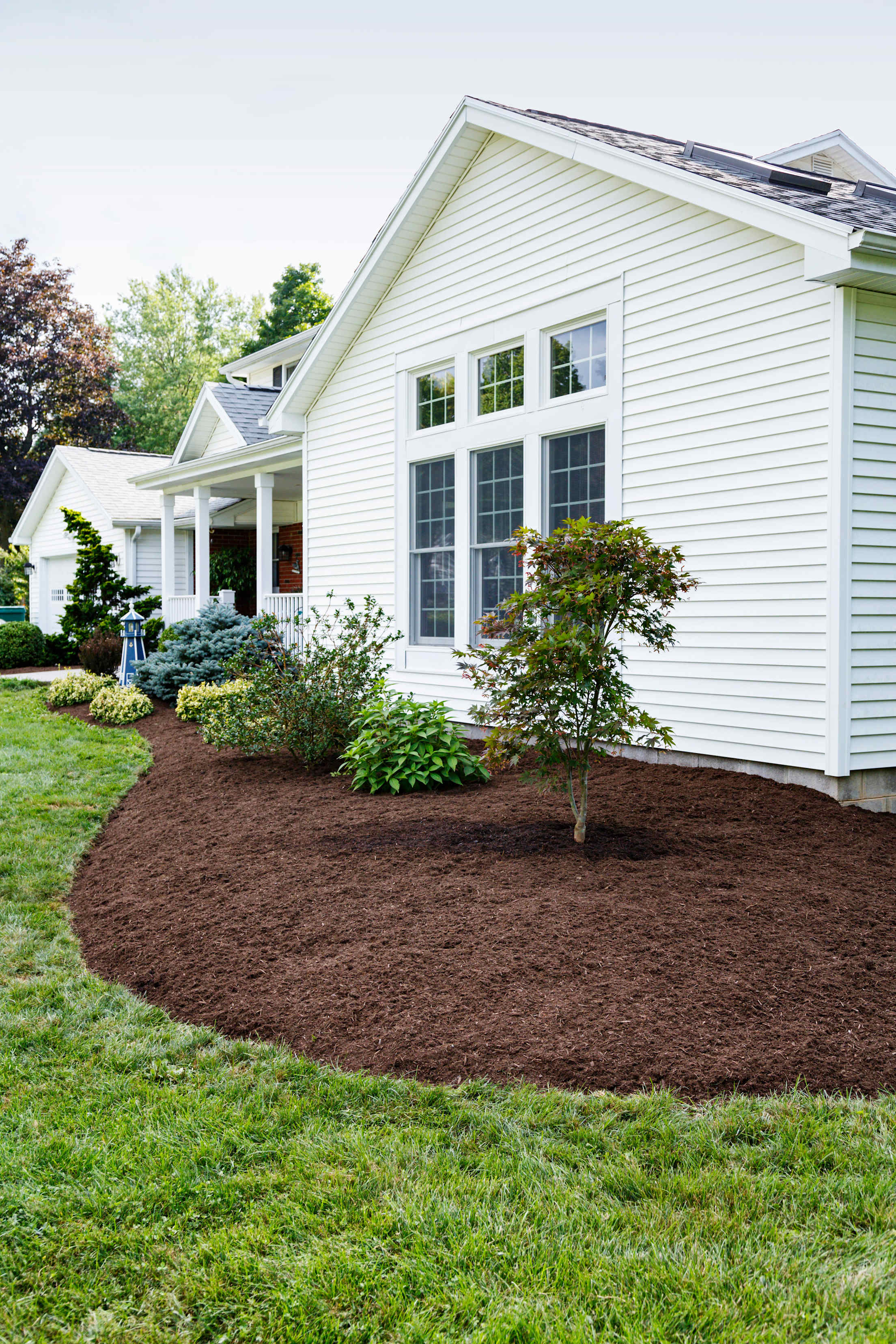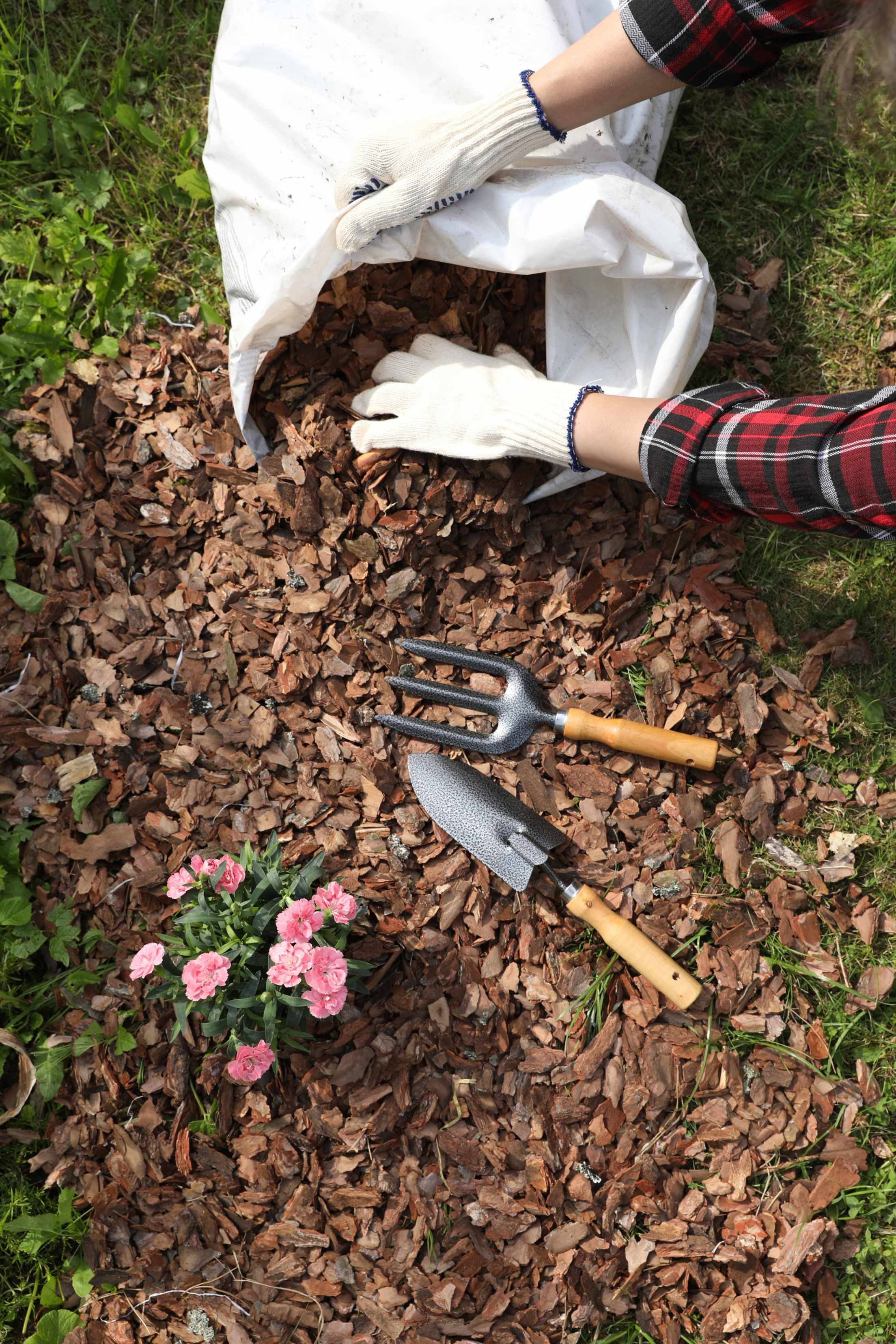
6 Reasons Your Garden Needs Mulch
Save time and grow healthier plants with this crucial step.

Often overlooked and underestimated, mulch plays a crucial role in maintaining a healthy and thriving garden. Beyond its aesthetically pleasing appearance, mulch offers a multitude of benefits that contribute to the well-being of plants, soil, and the environment.
Moisture Retention
One of the primary advantages of using mulch is its ability to retain moisture in the soil. Mulch acts as a protective barrier, reducing water evaporation and shielding the soil from the drying effects of the sun. This moisture retention is especially beneficial during hot summer months or in regions with erratic rainfall. By keeping the soil consistently moist, mulch provides a stable environment for plants to absorb water, promoting healthy growth and minimizing the risk of drought stress.

Weed Suppression
Gardeners often find themselves engaged in an ongoing battle against weeds. Fortunately, mulch proves to be an effective ally in this fight. A thick layer of mulch creates a physical barrier that inhibits weed growth by preventing sunlight from reaching the soil surface. Additionally, certain types of organic mulch, such as wood chips or straw, release natural compounds as they decompose, further suppressing weed germination and growth. This weed-controlling feature not only saves time and effort but helps maintain a garden’s neat and tidy appearance.
Temperature Regulation
Mulch acts as a natural insulator, regulating soil temperatures throughout the year. In colder seasons, mulch provides a protective layer that helps prevent soil from freezing and safeguards plant roots from temperature extremes. Conversely, during hot summer months, mulch shields the soil from excessive heat, maintaining a more stable and moderate environment for plant roots. This is particularly beneficial for plants with shallow roots that are sensitive to temperature fluctuations.
Soil Enrichment and Nutrient Recycling
As organic mulch breaks down over time, it contributes valuable organic matter to the soil. This decomposition process increases microbial activity, enhances soil structure, and encourages the release of essential nutrients. In addition to improving fertility, certain types of organic mulch, such as compost or leaf litter, serve as a means of nutrient recycling. The nutrients released during decomposition are made available to plants, creating a sustainable self-renewing system that fosters a nutrient-rich soil environment.

Erosion Prevention
A significant threat to the health of soil and plants, erosion is especially likely in areas with sloping terrain or heavy rainfall. Mulch plays a crucial role in preventing this by providing a protective layer that absorbs the impact of raindrops and minimizes surface runoff. The roots of plants growing beneath the mulch further anchor the soil, reducing the risk of erosion. Mulch helps maintain the integrity of the garden by ensuring that valuable topsoil and nutrients remain in place.
Enhanced Aesthetic Appeal
Beyond its functional benefits, mulch contributes to a garden’s visual beauty. The wide variety of mulch materials available, from decorative stones to vibrant-colored wood chips, allows gardeners to choose options that complement the overall design of their landscape. A well-mulched garden not only looks more polished and organized but also creates a visually cohesive and inviting outdoor space.
Smart Tip: If you live in a fire zone, or any locale where your home might be impacted by wildfire, be sure to maintain a five-foot zone between your home and any areas with mulch. Using rock or gravel as ground covering near your home is a good option.